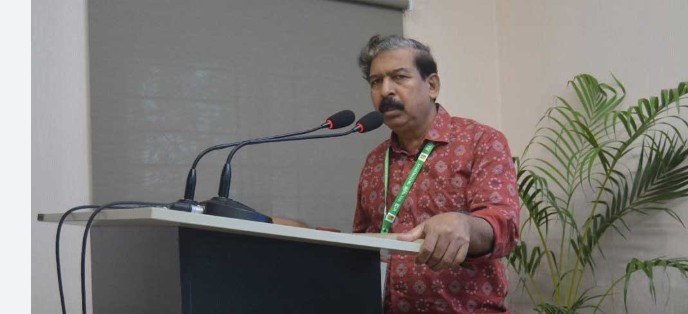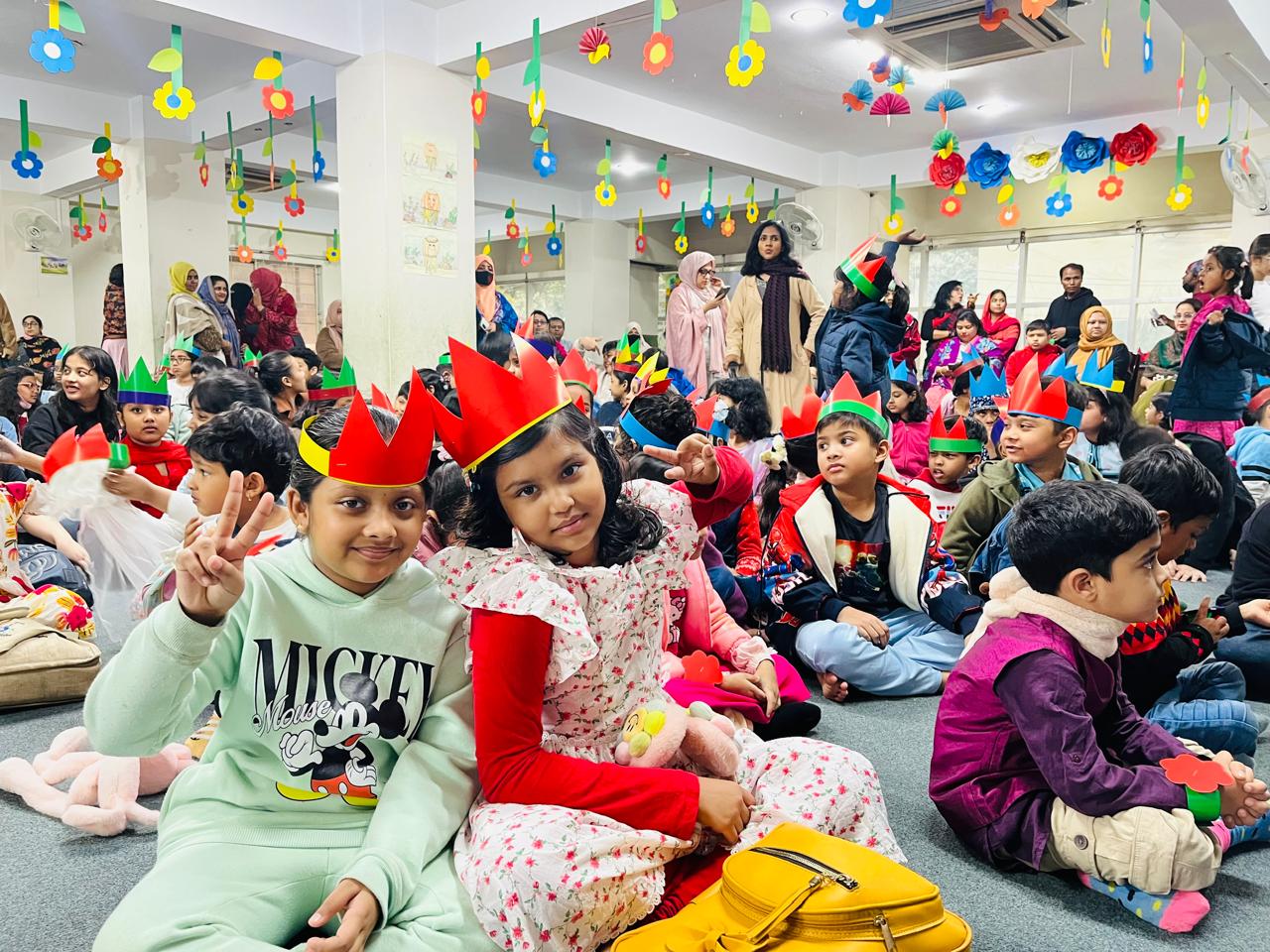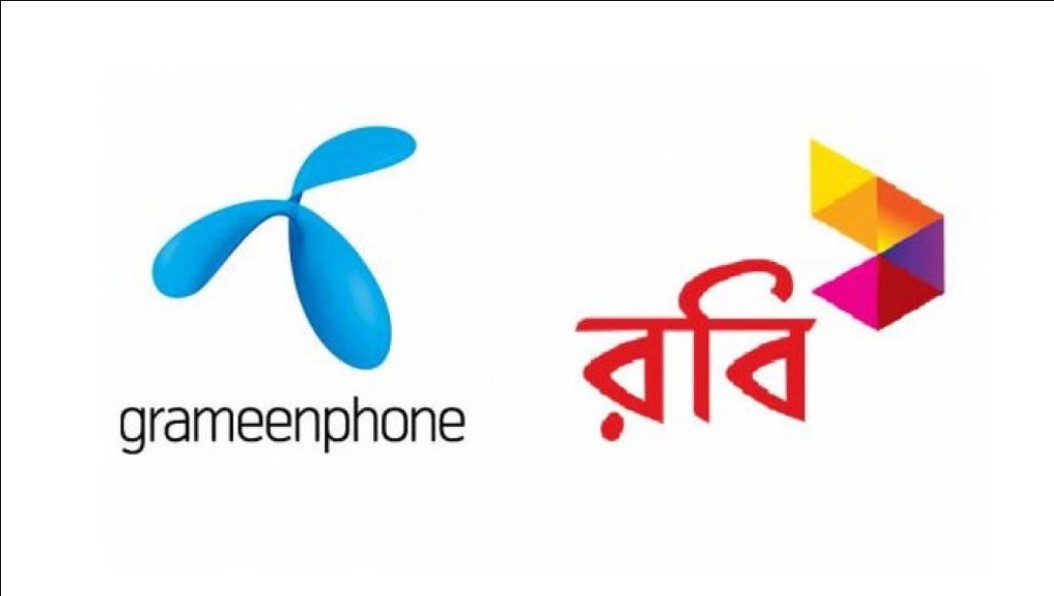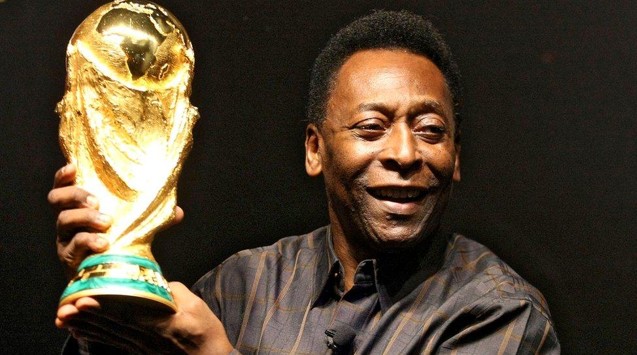Interview: Hasnat Kaiyum
Rastro Songskar Andolan president Hasnat Kaiyum recently spoke to Prothom Alo sharing his thoughts on July National Charter, the upcoming parliamentary elections, electoral alliance, the current political situation and other contemporary issues. The interview was taken by Abdullah Al Jobair.
Ques:
Although the July National Charter has been signed, the political parties disagree on its implementation method. Do you think that it will give birth to a new political crisis?
Ans. Since the dissent among the political parties over the implementation method is negotiable; I hope that they will reach an acceptable settlement in the end for the interest of the country. However, if the dispute is not resolved, the possibility of a new crisis cannot be ruled out.
Ques:
How do you view the fact that the youth-led NCP, which spearheaded the July uprising, has not yet signed the July Charter?
Ans. We found it unfortunate. Some of the preconditions they presented are also part of our own demands. Had those issues been resolved and the event held with everyone’s participation, it would have carried far greater significance. Their absence has diminished that to a large extent.
Ques:
Jamaat has strongly responded to NCP convener Nahid Islam’s remark that Jamaat’s movement demanding proportional representation elections, despite signing the July Charter, is a political deception. Do you think such statements for and against will create distance between the two parties that hold similar positions on state reform?
Ans. These retaliatory statements are coming because some distance has already formed. Both Jamaat and NCP are adept at retracting their statements or changing decisions according to circumstances. So, it would be no surprise if a new rapport develops between the two parties in the future.
Prothom Alo:
The July Charter was signed based on the consensus of political parties. However, many feel that the interim government has given precedence to BNP’s demands on matters such as the charter’s drafting, dissenting opinions, and signatures. What is your view?
The Consensus Commission and the government have given considerably more importance to three parties, and in some cases, this has crossed the bounds of impartiality. However, this allegation is not true when it comes to giving or receiving opinions.
Ques:
Last Tuesday, in a meeting with the chief adviser, the BNP demanded that the interim government assume the role of a caretaker government from this moment. How do you view this matter?
Ans. I think the simpler the approach, the better. To hold an acceptable election, the government should now focus on what is necessary—that is what everyone wants. Not every caretaker government has conducted a good election. Therefore, rather than advising this government to act as a caretaker government, it is more reasonable to advise it to ensure an election that is acceptable to all.
Ques:
The interim government has said that the national parliamentary election will be held in the first half of next February. Do you have any concerns regarding this election?
Ans. There are many kinds of concerns. Still, one would like to hope that a credible election will be held by mid-February. However, if the government can arrange discussions with all stakeholders as soon as possible on how a credible election can be conducted, it could give the election a whole new dimension.
Ques:
Islamic parties are talking about consolidating their votes in a single bloc in the upcoming election. The BNP is also maintaining contact with Islamist parties in a similar manner. How do you anticipate the election-focused polarisation might take shape?
Ans. The slogan of consolidating Islamic votes into a single bloc may sound appealing and simple, but the reality is quite different. A fundamental difference exists between all other Islamic parties and Jamaat regarding war crimes. An Islamic party does not automatically mean it is a war crimes party, and this difference will likely pose a major obstacle to unity. In addition, with the election approaching, there are efforts to form several small and large electoral alliances. Some of these efforts may merge into a bigger alliance, while others could result in even smaller blocs. All such maneuverings are clearly visible.
Ques:
When nine parties took the initiative to discuss the implementation procedure of the July Charter with BNP, Jamaat, and other parties, the possibility of a broader, election-focused understanding among the parties was also raised. How far have these discussions on an election-centered understanding progressed?
Ans. Discussions on forming an alliance with Ganotantrik Mancha and other parties are still at the stage of possibility, with no significant progress yet. However, various parties continue to pursue multiple efforts.
Ques:
Thank you.
Ans. Thank you too.
Courtesy: Prothom Alo Online





